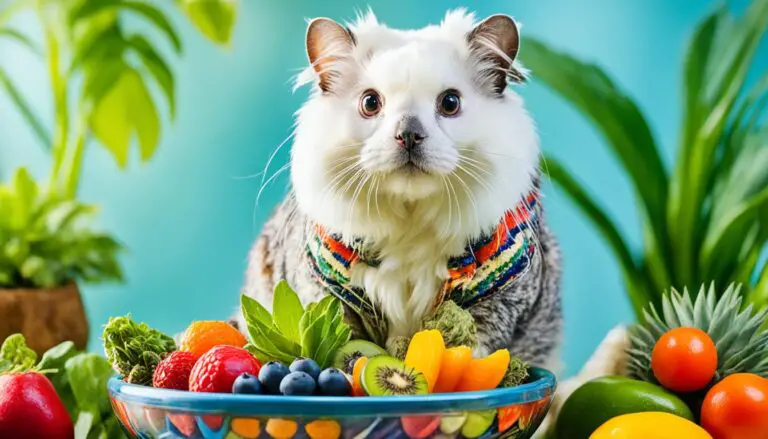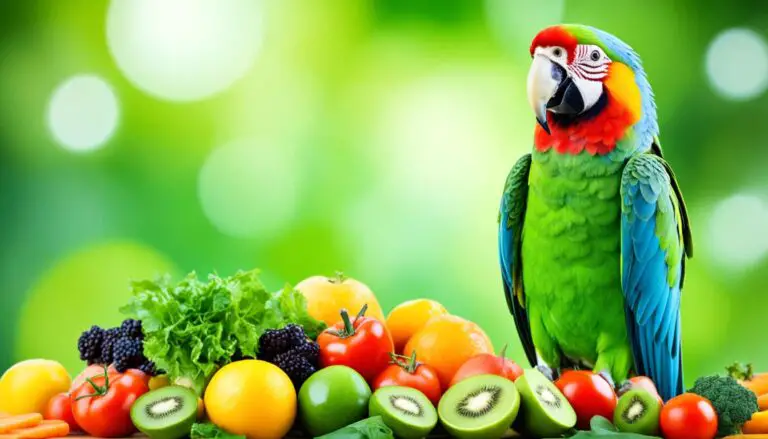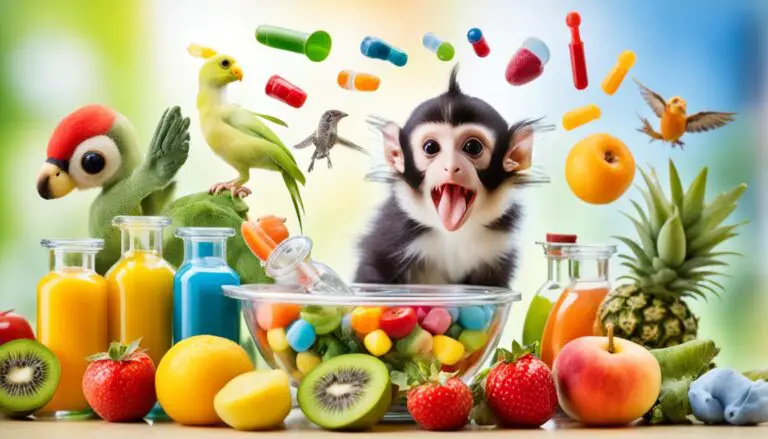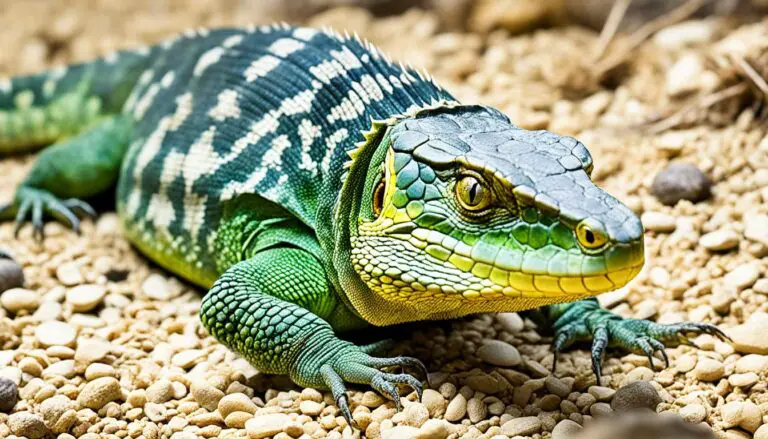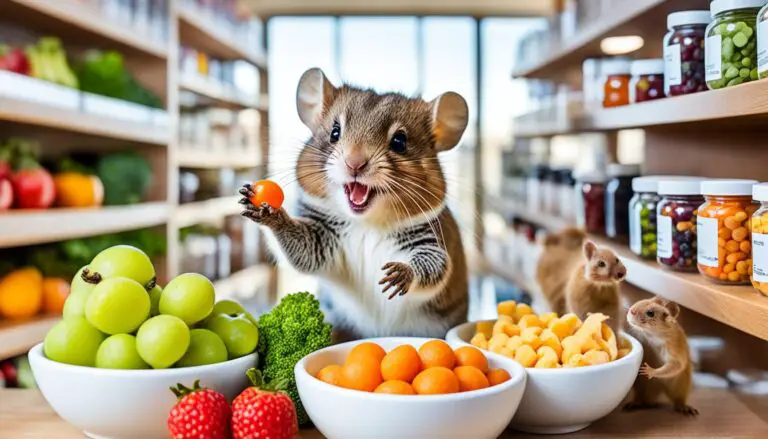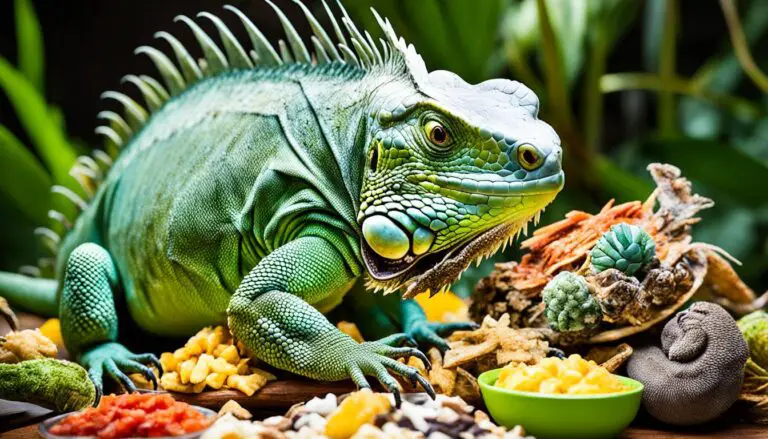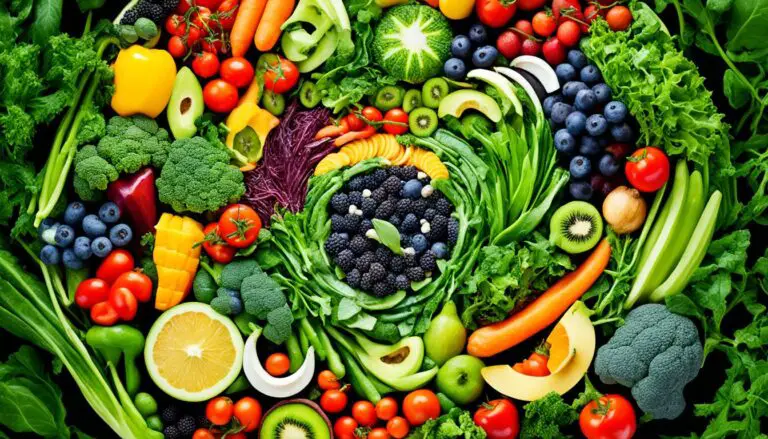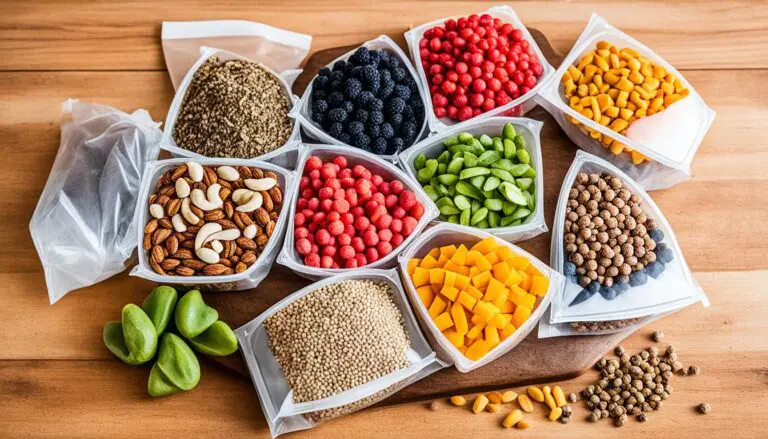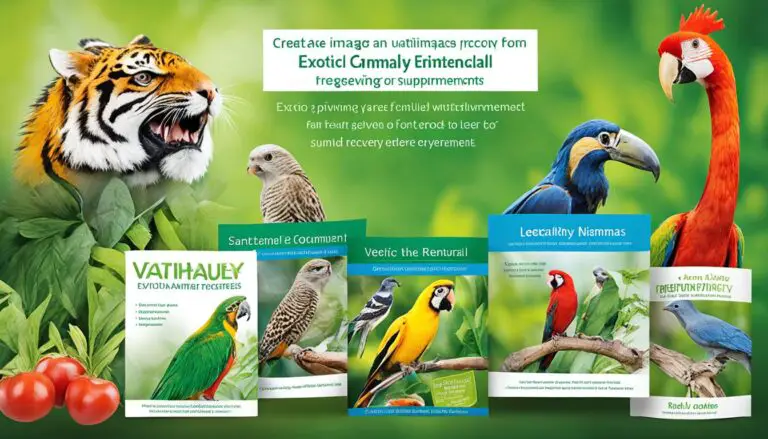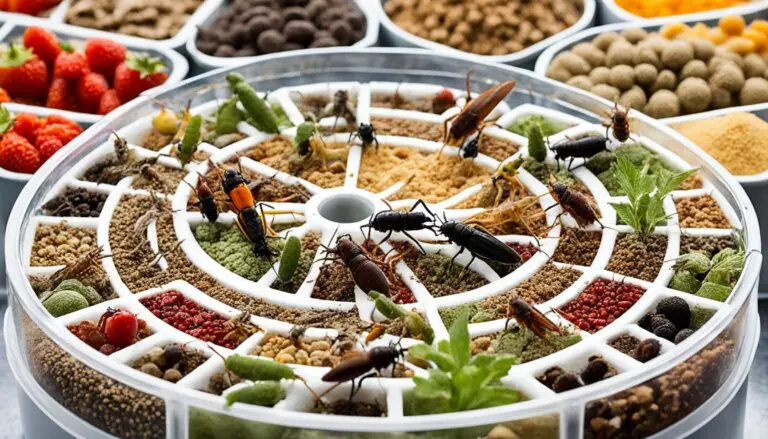Nutrition for Senior Exotic Pets: Key Tips
Did you know that what senior exotic pets eat can hugely affect their health and how long they live? As these special pets get older, their diets need to change. This ensures they get all the right nutrients to stay healthy. This article looks into why feeding senior exotic pets is so important. We’ll share tips to make sure your senior pets get the best care. From understanding how they age to what they should eat, we…

